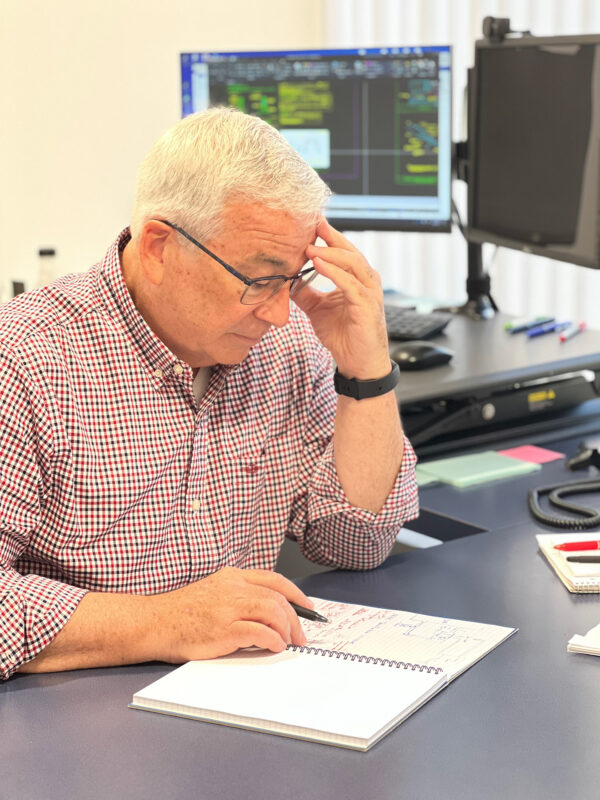
Engineering firms do a good job creating engineers, but not as good a job creating consulting engineers. There is a difference between being able to manipulate numbers or comprehend complex engineering concepts and developing the understanding and empathy necessary to be a good consultant.
A good consultant can buy into their client’s goals while maintaining objectivity, allowing them to present options helping steer the project to meet the goals. This should be an active process not reactive. Consultants shouldn’t expect the client to define the scope of the work, the specific steps that must be completed. The required steps emerge out of an understanding of the client’s needs, objectives, and the surrounding circumstances.
It takes time and coaching to understand the role of the consultant, but it’s not often addressed until the individual starts moving into management. In many firms, young engineers learn to see clients as obstructions to their work, sometimes making the job—the steps and tasks they’ve been taught to do—more difficult than it needs to be. Few engineers can transcend that mindset on their own to understanding “the client is the job.”
A consulting engineer’s role is to assist the client achieve their goals, whatever they may be, and to explain the consequences of one choice versus another. We never want our engineers to blindly follow client’s requests, on the contrary one of our biggest challenges is breaking engineers of that “do as you’re told” mentality and make them independent thinkers. We want to ensure that we bring-to-bear our expertise and insights to each task; that’s our responsibility as consultants.
From the very beginning of their training, we are showing our young engineers how to be a consultant. We think it makes all the difference to our clients.
– Al Collado
